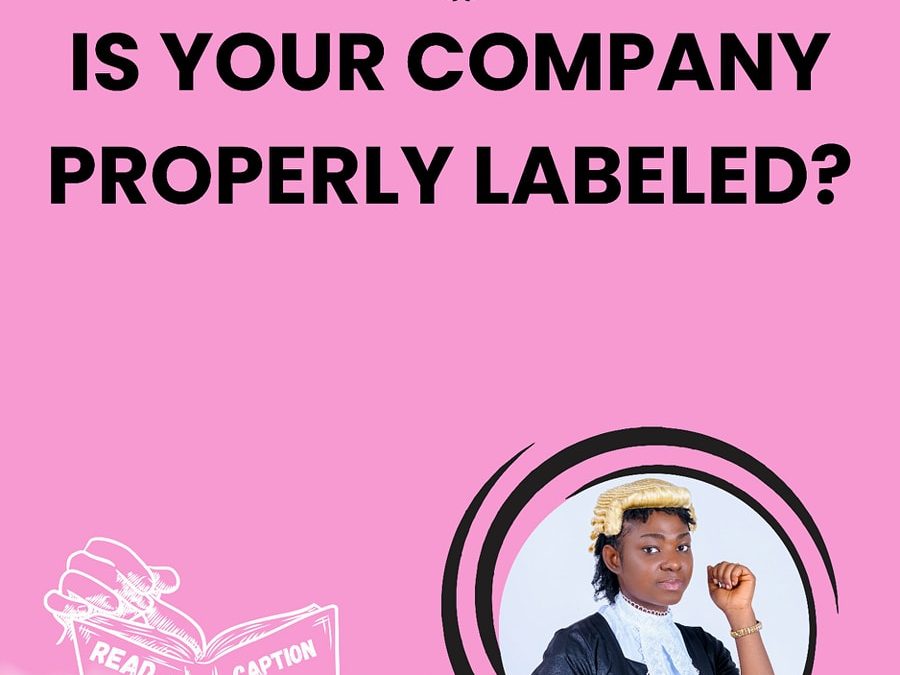Sometimes, you feel the thrill of being a start up founder gushing down your spines and you begin to market your business even before you launch your business. At that moment, friends and family members would make promises to reach out to you after you launch your business, while some of your good friends can even start patronizing you before you launch your business. Even better, you can attract potential clients and secure funding for your company.
That’s good, right?
Do you know that you can be making a mistake of mislabelling your company as a start up? Mislabelling your company could be a result of neglecting to carry out the legal and regulatory compliance before launching your business and this could be detrimental to your company. Want to know if you are mislabeling your company as a start up? You should consider the following;
- Legal Compliance: What is the legal status of your company? Does your company’s legal structure reflect that of a start up? Is your company ‘s name or slogan similar to that of another company?
- Regulatory compliance: which sector does your company belong to? Which body regulates that sector? Did you comply with all the laws and regulations needed for the established of your company?
- Corporate Governance Structure: is my company rendering the services or producing the products that it is primarily established for? Can people trust my company? Are the staff honest? Are there checks and balances?
Tips for correcting the above mistakes;
- Your company must be registered as a limited liability company under the Companies and Allied Matters Act 2020, and has been in existence for a period of not more than 10 years from the date of incorporation.
- The objects of your company must be; innovation, development, production, improvement, and commercialization of a digital technology innovative product or process.
- Your company should be a holder or repository of a product or process of digital technology, or the owner or author of a registered software.
- Your company should have at least one Nigerian as a founder or Co-founder of the startup, provided that the Nigerian founder or co-founder will share from the company’s profits.
If you are unsure about the above aspects, consult with a business lawyer who can provide clarity and help you avoid potential mislabeling issues.

